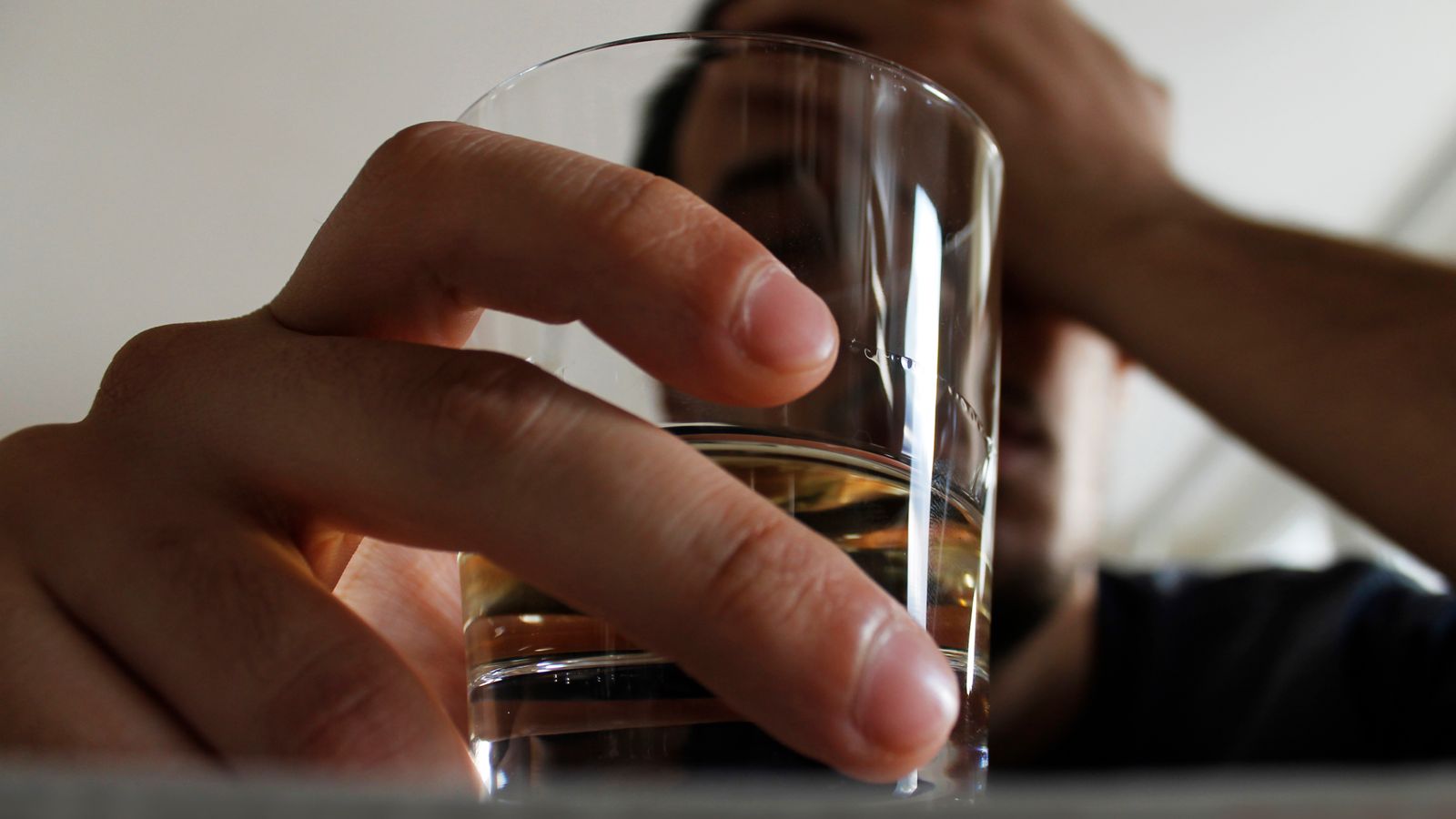Alcoholics are to be given ketamine-assisted therapy to see if it helps them stay off alcohol for longer.
The move is part of a University of Exeter-led £2.4m phase three trial, funded by the National Institute for Health and Care Research (NIHR), and will be delivered across seven NHS sites in the UK.
It follows a phase two trial which showed the treatment was safe and tolerable for heavy drinkers.
The study found participants who had ketamine combined with therapy stayed completely sober, representing 86% abstinence in the six-month follow-up.
Ketamine is a licensed medical drug, widely used as an anaesthetic and in pain relief – and is also used as a recreational drug and is classified as a Class B banned substance by the Home Office.
Researchers will start to recruit 280 alcoholics in the summer to take part in the phase three trial.
They will be randomly split into two groups, with half of them given ketamine at the dose used in the first clinical trial with psychological therapy.
Weather live updates: Significant travel disruption as rail strikes begin and freezing weather continues
‘Tide is turning’ over pay offer to rail workers, claims transport secretary
Solihull frozen lake deaths: Boy, 6, fights for life as victim hailed ‘hero’ for trying to save others
The rest will be given a very low dose of ketamine and a seven-session education package about the harmful effects of alcohol.
The trial will look at whether the ketamine and therapy package reduces harmful drinking.
Trial lead Professor Celia Morgan, from the University of Exeter, said if the trial establishes that ketamine-assisted therapy works, the team hopes to see it used in NHS settings.
More than two million adults in the UK have serious alcohol problems, yet only one in five get treatment, she said.
Three out of four people who quit alcohol will be back drinking heavily after a year.
“Alcohol-related harm is estimated to cost the NHS around £3.5bn each year, and wider UK society around £40bn,” said Professor Morgan.
“Alcohol problems affect not only the individual but families, friends and communities, and related deaths have increased still further since the pandemic. We urgently need new treatments.”
The NIHR is funded by the Department of Health and Social Care. Additional funding will be provided by Awakn Life Sciences, a biotech company that specialises in researching and developing therapeutics to treat addiction.












